Brain Sciences, Free Full-Text
4.7 (96) In stock
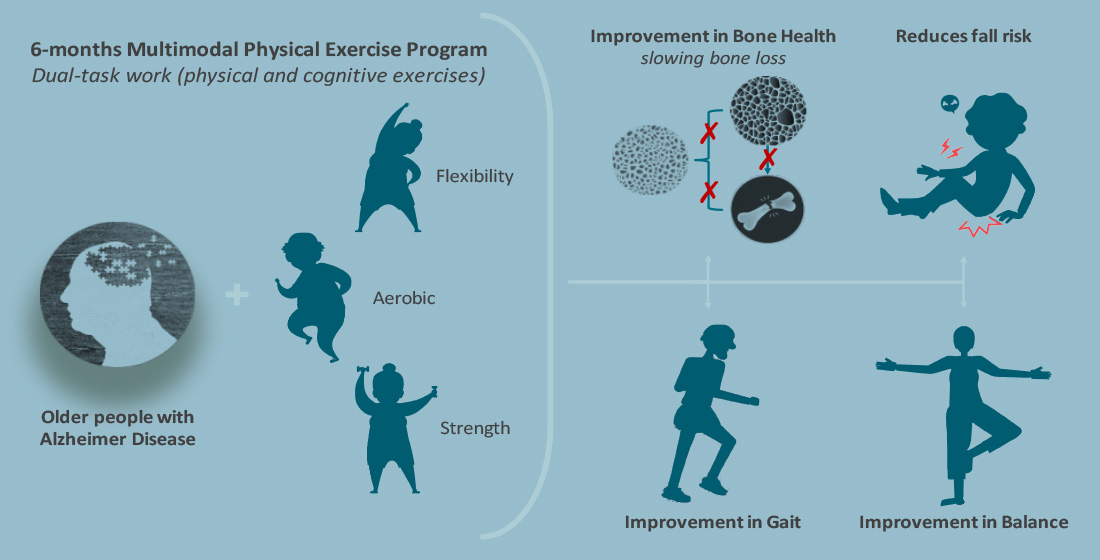
We aimed to determine the short- and medium-term effects of a multimodal physical exercise program (MPEP) on bone health status, fall risk, balance, and gait in patients with Alzheimer’s disease. A single-blinded, controlled clinical trial was performed where 72 subjects were allocated in a 3:1 ratio to an intervention group (IG; n = 53) and control group (CG; n = 19), where the IG’s subjects were admitted to live in a State Reference Center of Alzheimer’s disease, which offers the targeted exercise program, while the CG’s subjects resided in independent living. A multidisciplinary health team assessed all patients before allocation, and dependent outcomes were again assessed at one, three, and six months. During the study, falls were recorded, and in all evaluations, bone mineral density was measured using a calcaneal quantitative ultrasound densitometer; balance and gait were measured using the performance-oriented mobility assessment (POMA), the timed up and go test (TUG), the one-leg balance test (OLB), and the functional reach test (FR). There were no differences between groups at baseline for all outcome measures. The prevalence of falls was significantly lower in the IG (15.09%) than in the CG (42.11%) (χ2 = 5.904; p = 0.015). We also found that there was a significant time*group interaction, with a post hoc Šidák test finding significant differences of improved physical function, especially in gait, for the IG, as assessed by POMA-Total, POMA-Gait, and TUG with a large effect size (ƞ2p = 0.185–0.201). In balance, we found significant differences between groups, regardless of time, and a medium effect size as assessed by POMA-Balance and the OLB (ƞ2p = 0.091–0.104). Clinically relevant effects were observed, although without significant differences in bone health, with a slowing of bone loss. These results show that a multimodal physical exercise program reduces fall risk and produces an improvement in gait, balance, and bone mineral density in the short and medium term in institutionalized patients with Alzheimer’s disease.
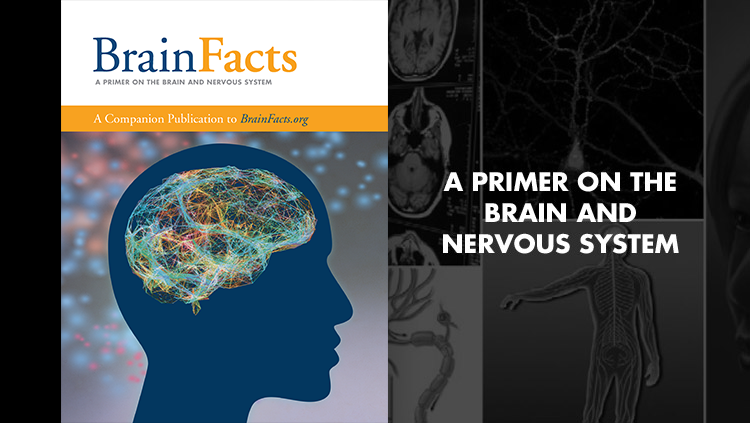
The Brain Facts Book

Meadhbh (Maeve) Park on LinkedIn: This evening at 6.30-7.30pm , free for all, email maeve@groundswell.world…

Brain Sciences, Free Full-Text, forgotten memories maze map
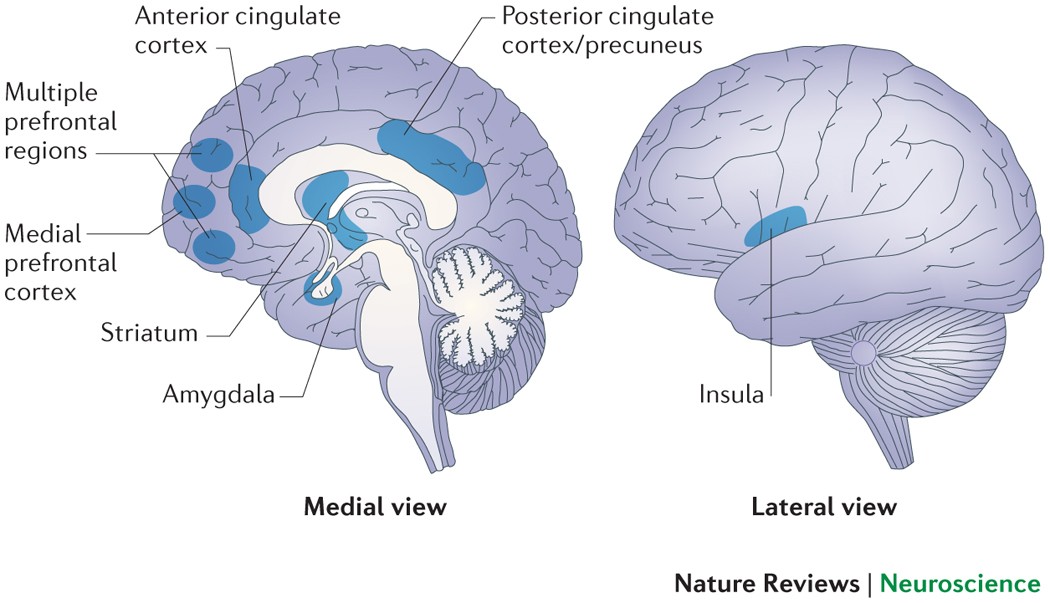
Mindfulness meditation and relaxation response affect brain differently — Harvard Gazette, Mindfulness
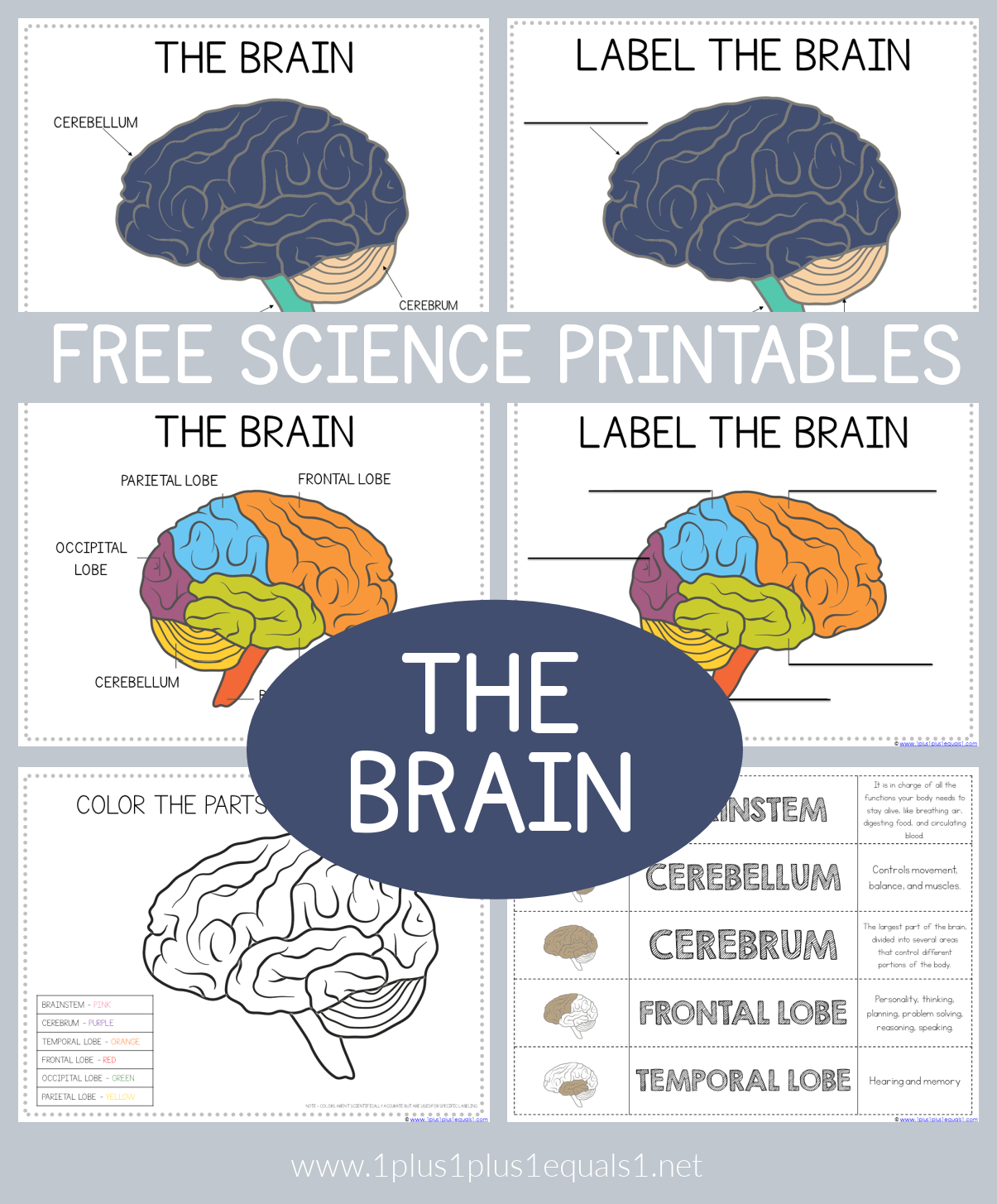
Brain Sciences, Free Full-Text, neuro linker in real life
Molecular Brain Research 1993: Vol 20 Index : Free Download, Borrow, and Streaming : Internet Archive
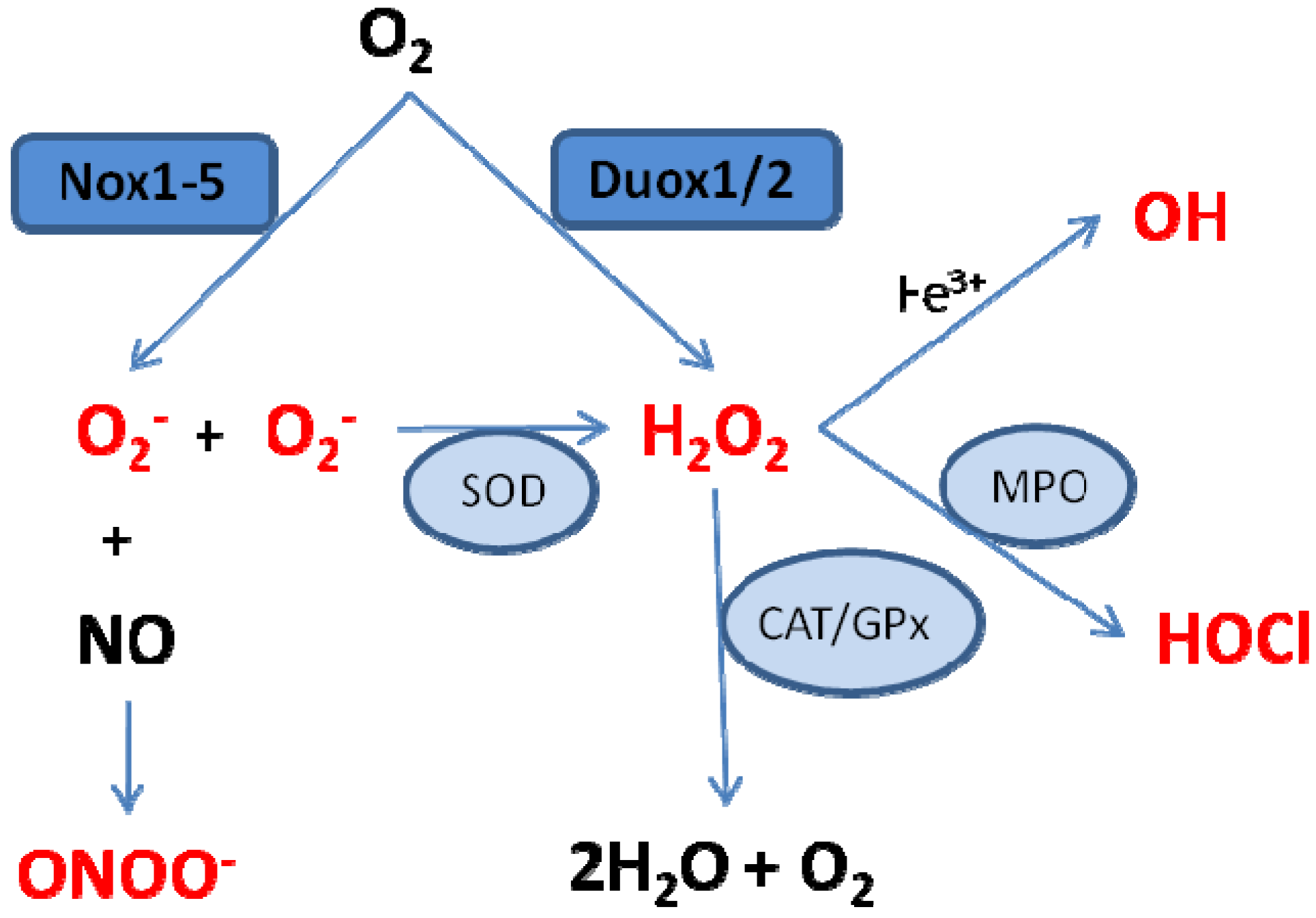
Brain Sciences, Free Full-Text
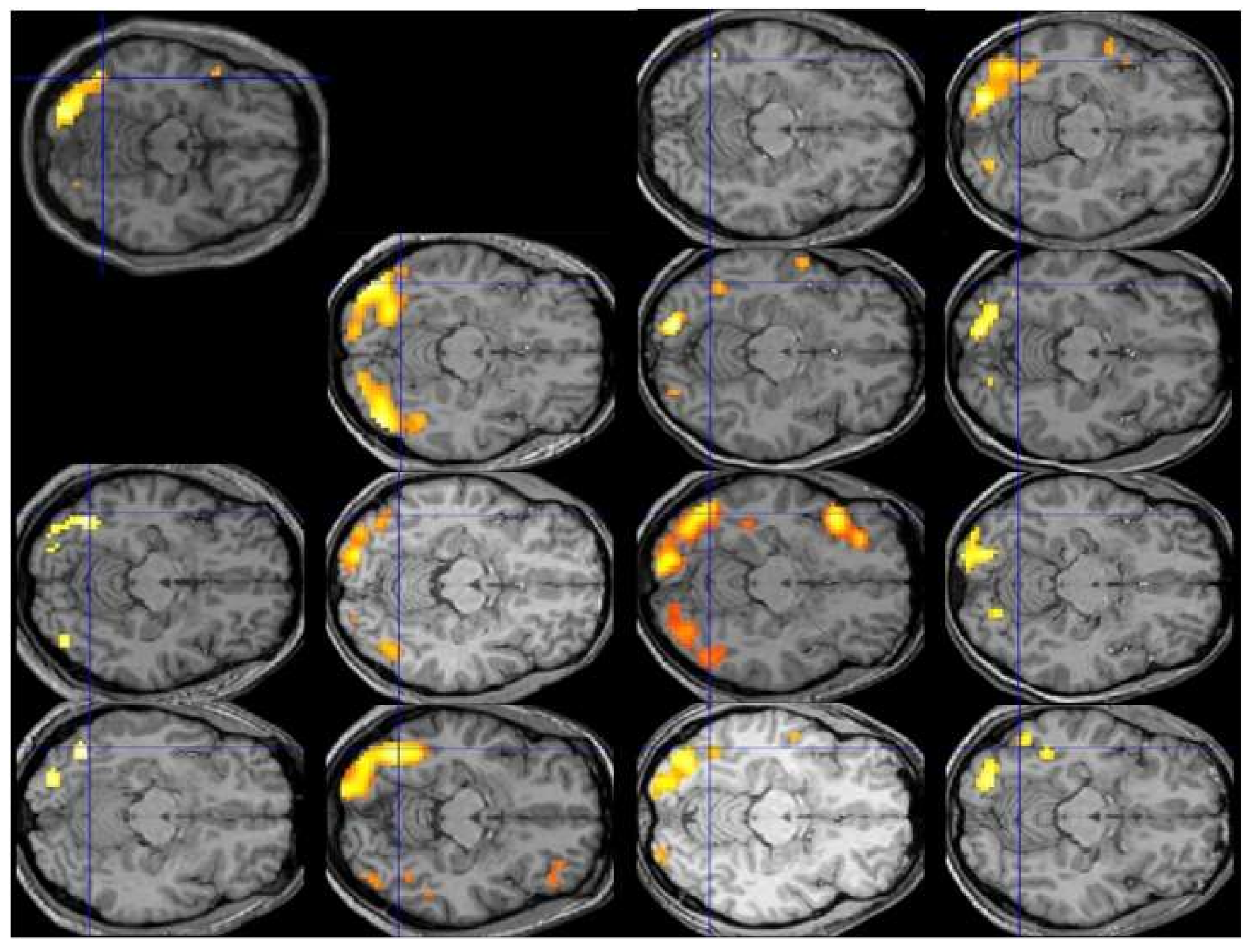
Brain Sciences, Free Full-Text

Brain Science is Turning Team Feedback Inside-Out Brain Science is Turning Team Feedback Inside-out : Elena A. Newton, Jeb S. Hurley : Free Download, Borrow, and Streaming : Internet Archive
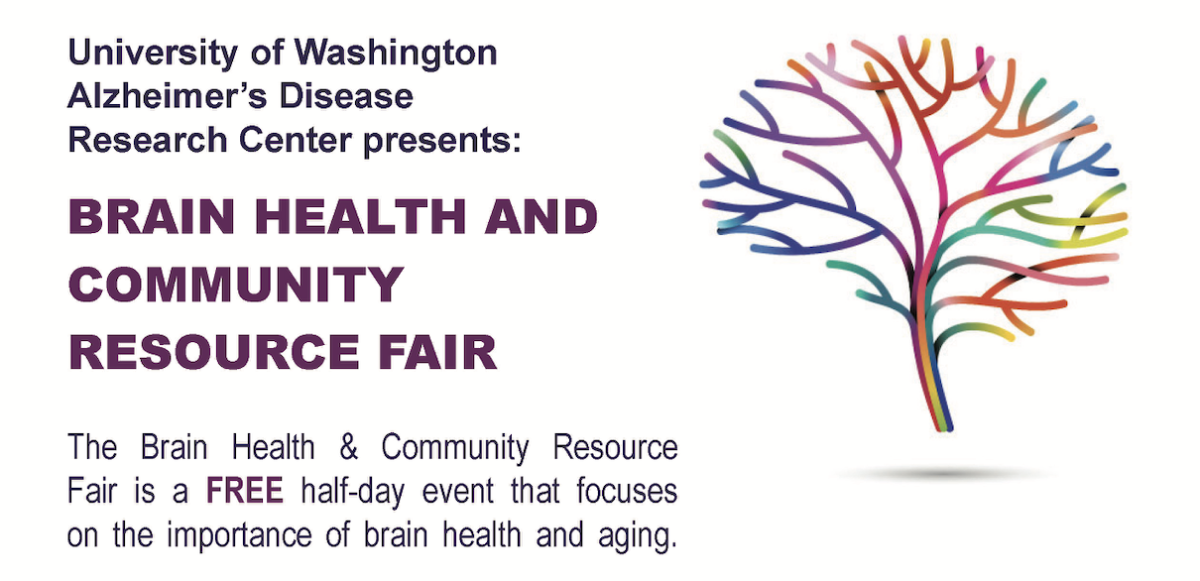
Free Brain Health and Community Resource Fair hosted by the UW ADRC / Feria gratuita de Recursos Comunitarios y Salud del Cerebro - Memory and Brain Wellness Center

The Plasticity - MRC Cognition and Brain Sciences Unit
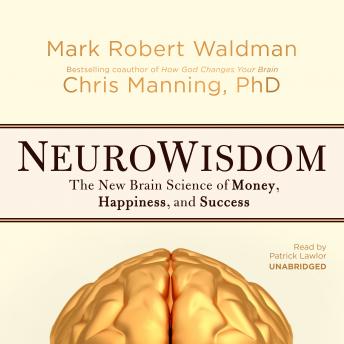
Listen Free to NeuroWisdom: The New Brain Science of Money, Happiness, and Success by Chris Manning, Mark Robert Waldman with a Free Trial.
Spring Into Action with Seated Chair Excercises
Strong at Any Age: A Guide to CrossFit for Seniors
- What is Onix's evolution chart? - Quora
- Ashley Fitness, NEW KAMO FITNESS COLLECTION The Fall Collection launches on October 27th The collection will include: - Flared leggings - Full length t
 Sylvamorning Women Cycling Suit Splicing Long Sleeve Zipper Coat + Tight Pants
Sylvamorning Women Cycling Suit Splicing Long Sleeve Zipper Coat + Tight Pants Floral Short Sleeve Tunic
Floral Short Sleeve Tunic Baby Wrap Carrier - Supportive Baby Carrier Wraps
Baby Wrap Carrier - Supportive Baby Carrier Wraps MIMI KIDS N FASHION Girls Casual Top Pant Price in India - Buy MIMI KIDS N FASHION Girls Casual Top Pant online at
MIMI KIDS N FASHION Girls Casual Top Pant Price in India - Buy MIMI KIDS N FASHION Girls Casual Top Pant online at
